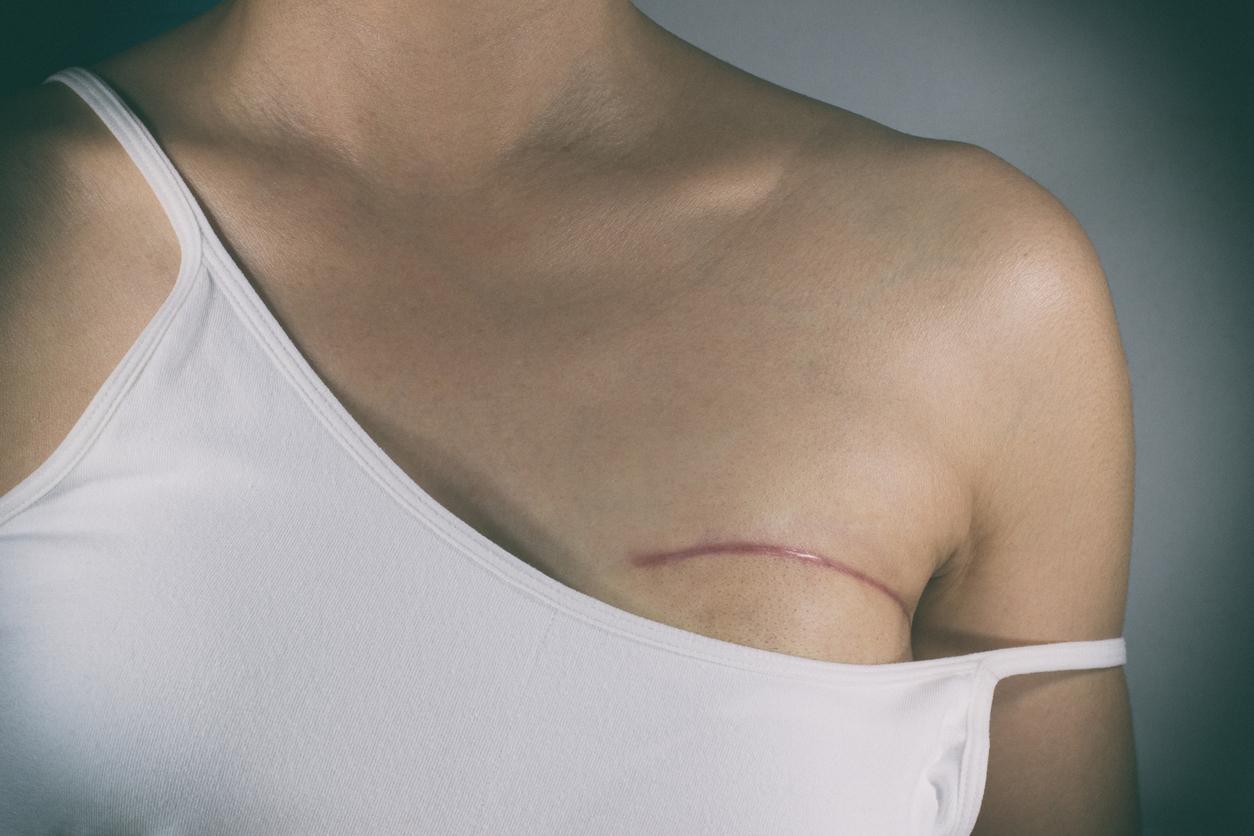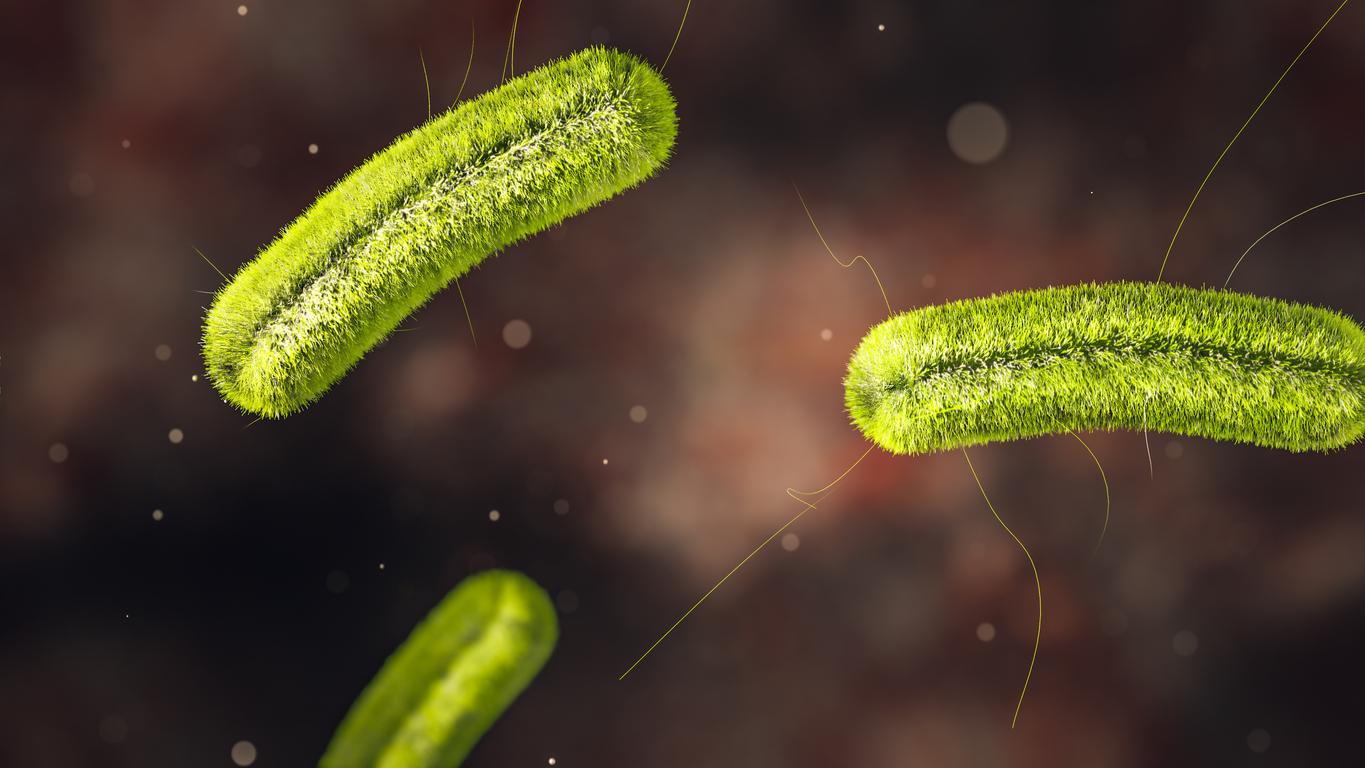Chemotherapy, radiotherapy and surgery, commonly used to treat breast cancer, appear to intensify the cellular aging process in survivors, a study suggests.

- By observing the expression of genes linked to aging before and after treatments in women diagnosed with breast cancer, researchers observed an accumulation of so-called “zombie” cells, senescent cells that stop dividing but do not die. not.
- Regardless of the type of treatment, “survivors’ immune cells age more quickly than normal,” according to the study. “Women treated for breast cancer show gene expression indicative of DNA damage and increased inflammation.”
- These results could pave the way for solutions to improve not only life expectancy, but also the quality of life of survivors.
DNA damage, increased inflammation… A new study, published in the Journal of the National Cancer Institutereveals that common breast cancer treatments, such as chemotherapy, radiotherapy and surgery, could accelerate the biological aging process in survivors, namely nine out of ten patients.
Anticancer treatments and cellular aging
To reach this conclusion, researchers from the Jonsson Comprehensive Cancer Center at UCLA Health (United States) conducted a longitudinal study for two years, following the expression of genes linked to aging before and after treatments in women. diagnosed with breast cancer. They observed a buildup of so-called “zombie” cells, senescent cells that stop dividing but do not die – a process called cellular senescence – and which release harmful substances that damage nearby healthy cells, contributing to inflammation and to aging.
The analyzes revealed that, regardless of the type of treatment, the expression of genes involved in biological aging increased, particularly those related to cellular senescence and inflammation. In other words, “the immune cells of survivors age more quickly than normal”explain the scientists in a press release. “And for the first time, we show that signals we thought were only related to chemotherapy are also present in women who have had radiotherapy or surgery.”

Improving the quality of life of breast cancer survivors
“These results suggest that women treated for breast cancer have gene expression indicative of DNA damage and increased inflammation, which could be important targets for improving quality of life after cancer”they continue. Today, thanks to therapeutic advances, nearly nine out of ten breast cancer patients survive five years after diagnosis. The fact remains that, as this research shows, “Anticancer treatments amplify the biological processes of aging, which themselves are the cause of disorders such as fatigue, cognitive decline and cardiovascular disease.”
The team of scientists hopes that this study will therefore pave the way for solutions to improve not only life expectancy, but also the quality of life of survivors. They now plan to measure the biological age of patients to assess the long-term effects of treatments and are exploring ways to slow this aging, focusing on preventative behaviors like exercise, stress management and sleep.

















